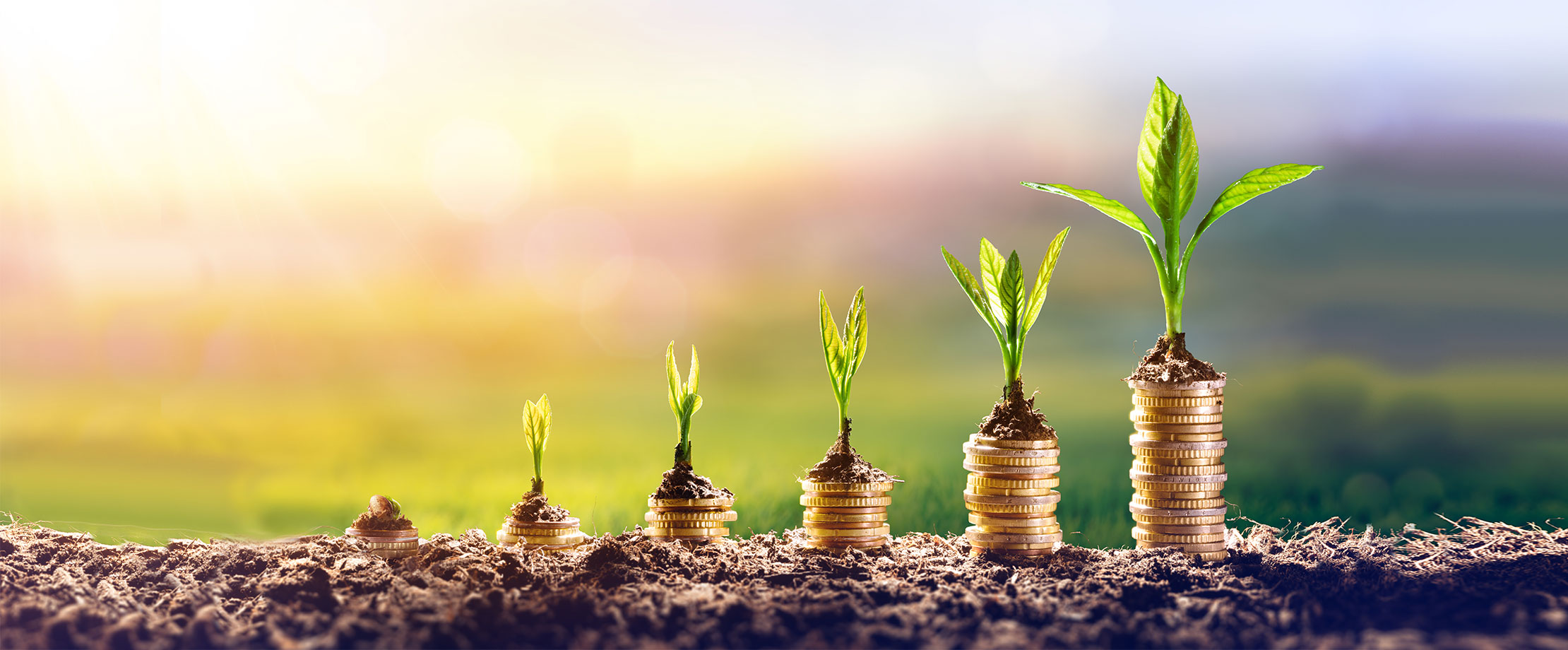Investing in a Sustainable Future
In today’s world, we are faced with the topic of sustainability everywhere and all the time; also including the investment sector. The topic’s importance is obvious: Austria’s Earth Overshoot Day, the day on which demand for ecological resources and services each year exceeds what Earth can regenerate in that year, has been at the beginning of April in recent years.
By investing in sustainable companies, we are not only supporting sustainable development, but also generate positive returns in the long run. Usually, these companies weather crises more successfully and generate better returns because they assess ecological risks correctly.
The sustainable finance sector holds great potential, not least due to the COVID-19 pandemic. Interesting topics are, for example, alternative energy sources, energy efficiency, water supply, mobility and transport, green buildings, Smart Grids, blue economy and recycling.
What Is Sustainable Finance?
What is Sustainable Finance exactly? According to EU Taxonomy Regulation, sustainably economic activities are those that
- contribute to at least one of six environmental objectives listed in the Taxonomy
- do no significant harm to any of the other objectives
- meet the technical evaluation criteria
- respect human rights and labour standards
“Environment” is one of three pillars of the ESG (short for Environmental, Social, Governance), which is a set of standards measuring businesses’ impact on society and the environment.
Eco-labels, like the EU Ecolabel or the German Blauer Engel, are intended to show investors whether companies value sustainability. By separating goods and services into different categories, the financial market should become more transparent and clearer for investors:
- dark green (= complying with Sustainability Goals)
- light green (= less valid criteria than dark green)
- grey or white (not considering sustainability criteria)
The Sustainability Goals mentioned here are the United Nations’ 17 Sustainable Development Goals (SDGs). Unfortunately, various certification and classification systems coexist and are not yet sufficiently standardised. There will certainly be developments and innovations in this area.





